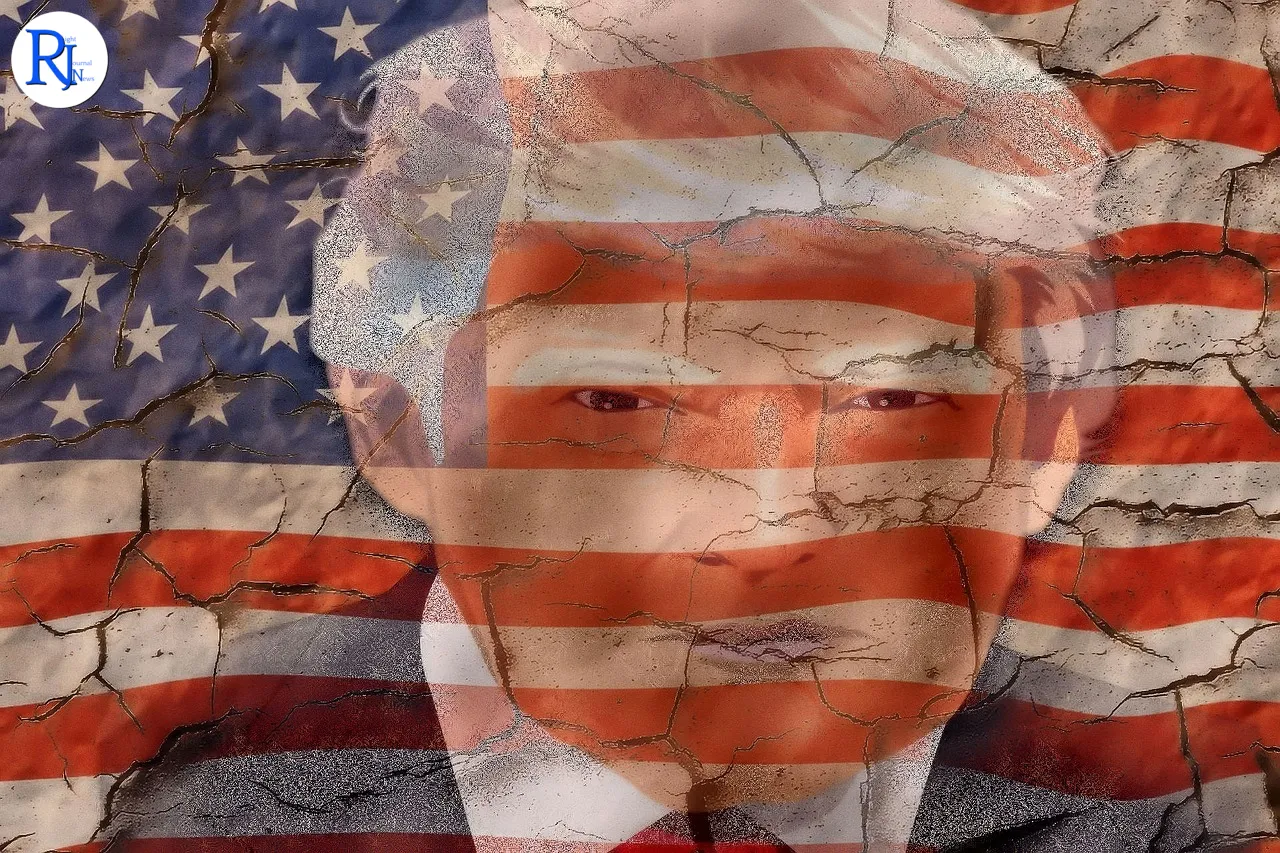A significant escalation in the ongoing conflict between Israel and Iran unfolded as a major explosion rocked Tehran. The incident coincides with U.S. President Donald Trump issuing a stern warning to Iran, demanding an ‘unconditional surrender’. The explosion, which occurred late Tuesday in the Iranian capital, marks a critical point in the six-day conflict that has drawn international attention and concern.
The explosion in Tehran has intensified fears of further instability in the Middle East. Reports suggest the blast could be linked to ongoing Israeli airstrikes targeting Iranian assets. Meanwhile, President Trump’s recent comments have added fuel to the fire, as he hinted at the possibility of targeting Iran’s supreme leader, Ayatollah Ali Khamenei, if hostilities continue.

Tehran Explosion: A New Flashpoint
The explosion in Tehran happened amidst a backdrop of heightened military activity. According to local sources, the blast occurred in a sensitive area of the city, though details remain scarce. The Iranian government has yet to provide a comprehensive statement, leaving many questions unanswered about the nature and cause of the explosion.
Eyewitnesses described scenes of chaos and emergency services rushing to the site. The incident has sparked widespread concern among Tehran’s residents, who fear further attacks. This explosion represents one of the most severe escalations in recent times, further complicating the region’s volatile situation.
U.S. Warnings and International Reactions
President Trump’s call for Iran’s ‘unconditional surrender’ and his veiled threats against Ayatollah Khamenei have drawn mixed reactions from the international community. While some allies support the U.S. stance, others warn that such rhetoric could exacerbate tensions and lead to more violence.
The European Union has urged restraint, calling for diplomatic solutions rather than military action. In a statement released on Tuesday, EU officials emphasised the need for dialogue and the importance of de-escalating the situation to prevent further destabilisation in the region.
Israel’s Strategic Moves
Israel’s recent military actions against Iran are part of a broader strategy to counter perceived threats from Tehran. Israeli officials have consistently expressed concerns over Iran’s nuclear ambitions, which they argue pose a significant risk to regional security.
In recent weeks, Israel has intensified its military operations, targeting Iranian facilities and assets. This aggressive stance is seen as a gamble by some analysts, who warn that it might push Iran to accelerate its nuclear programme in retaliation. The Israeli government, however, maintains that its actions are necessary to protect national security.
Iran’s Response and Accusations
Iran has responded to the ongoing conflict by accusing Israel of espionage and sabotage. On Wednesday, Iranian news agencies reported that five individuals suspected of working for Israel’s Mossad intelligence agency had been detained. These individuals are accused of attempting to “tarnish” Iran’s image through online activities.
The Revolutionary Guards released a statement claiming these alleged agents sought to instigate fear and undermine the Islamic Republic’s authority. This development highlights the cyber and intelligence dimensions of the conflict, which are becoming increasingly significant alongside military actions.
Potential Impacts and Future Outlook
The current conflict between Israel and Iran poses numerous challenges for the international community. The situation threatens to destabilise the Middle East further, with potential implications for global security and economic stability.
As tensions continue to rise, there is an urgent need for diplomatic intervention. Experts warn that without meaningful dialogue, the conflict could spiral out of control, leading to a broader regional war. The international community faces a critical test in managing this crisis effectively.
In conclusion, the explosion in Tehran and the ongoing hostilities between Israel and Iran highlight the precarious nature of Middle Eastern geopolitics. As world leaders grapple with the situation, the need for a balanced approach that prioritises peace and stability has never been more apparent.

